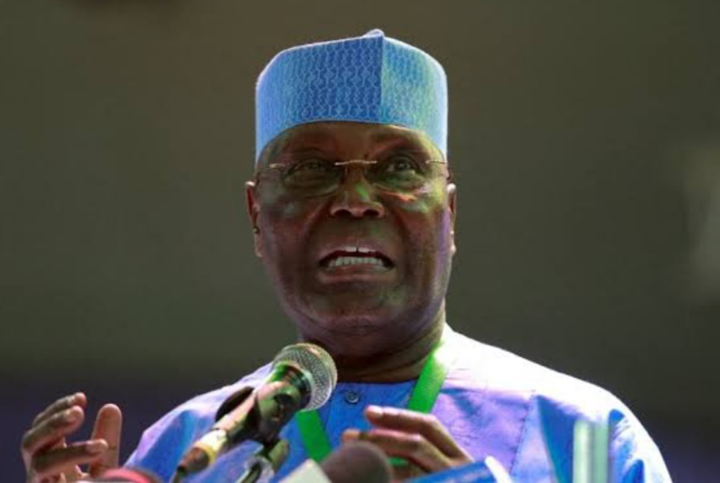The Supreme Court has scheduled a pivotal judgment day on Monday, October 23, in the much-anticipated appeal lodged by Atiku Abubakar, the Presidential Candidate of the Peoples Democratic Party (PDP). At the heart of this legal battle is the challenge to the decision of the Presidential Tribunal, which validated the electoral victory of President Bola Tinubu.
The Independent National Electoral Commission (INEC) had officially declared Bola Tinubu the winner of the keenly contested February 25 election.
In this complex legal maneuver, Atiku’s legal team has presented a formidable 35-ground notice of appeal to the apex court, asserting that the tribunal, specifically in the judgment delivered by Justice Haruna Tsammani, “committed a grave error.” Atiku’s lead counsel, Chris Uche, SAN, has implored the Supreme Court to set aside the entire findings and conclusions of the Tribunal. Their primary contention is that these findings and conclusions did not accurately represent the true essence of the grounds on which Atiku’s petition was based.

Amongst a litany of issues raised in the appeal, the former Vice President argued that the Tribunal made a critical legal error by failing to nullify the presidential election due to non-compliance with the Electoral Act of 2022. The evidence before the tribunal purportedly demonstrated that the Independent National Electoral Commission had conducted the election based on grave and gross misrepresentation, which contravened the fundamental principles of the Electoral Act 2022, grounded in the “doctrine of legitimate expectation.”
Atiku’s legal team further emphasized that presenting forged documents by any candidate, particularly a candidate vying for the highest office in the land, represents a grave constitutional issue that must be strongly discouraged.
“Presenting forged documents by any candidate, especially by a candidate for the highest office in the land, is a very grave constitutional issue that must not be encouraged,” asserted Atiku.
It’s important to note that while Atiku Abubakar seeks to assert that the election was marred by various irregularities and that the Tribunal erred in not nullifying the election, President Bola Tinubu has vigorously defended his electoral victory.
Tinubu’s position on the matter has been to urge the Supreme Court to dismiss Atiku’s application, characterizing it as a blatant abuse of court processes. In his perspective, Atiku’s legal challenge represents an inappropriate use of the judicial system to revisit a matter that has already been addressed by the Presidential Tribunal.
However, Atiku, in his response to this point of law, has implored the court to set aside technicality and give due consideration to his application. His legal team has argued that the core issue of merit should not be prematurely determined or conclusively decided upon at this interlocutory stage.
The upcoming judgment by the Supreme Court is, therefore, awaited with great anticipation, as it holds the potential to shape the future course of Nigerian politics and influence the electoral landscape in the country. The question of whether Atiku Abubakar’s appeal will succeed in overturning the Presidential Tribunal’s verdict, or if it will be dismissed as an abuse of the legal process, remains an open and contentious issue. The outcome of this legal battle may have far-reaching consequences for the Nigerian political scene and set significant precedents in the country’s jurisprudential history.
As the nation watches with bated breath, the decision of the Supreme Court on October 23, 2023, will undoubtedly be a pivotal moment in Nigerian political history, with the potential to reshape the future of the nation’s governance and electoral processes. It remains to be seen whether the court will uphold the verdict of the Presidential Tribunal, affirming President Bola Tinubu’s electoral victory, or if it will grant Atiku Abubakar’s appeal, thereby opening the door to a new chapter in Nigeria’s political landscape. This high-stakes legal battle, driven by complex legal arguments and the assertion of constitutional principles, will ultimately determine the trajectory of Nigerian politics and its democratic institutions.
Support InfoStride News' Credible Journalism: Only credible journalism can guarantee a fair, accountable and transparent society, including democracy and government. It involves a lot of efforts and money. We need your support. Click here to Donate
